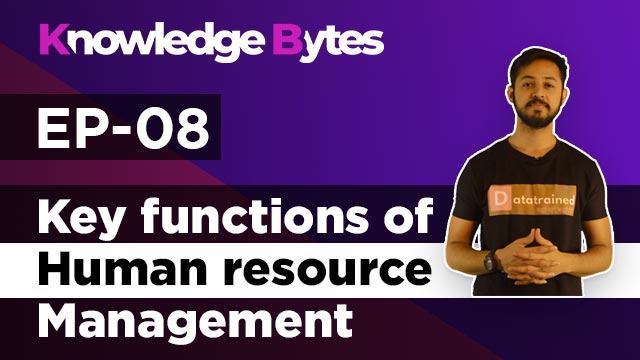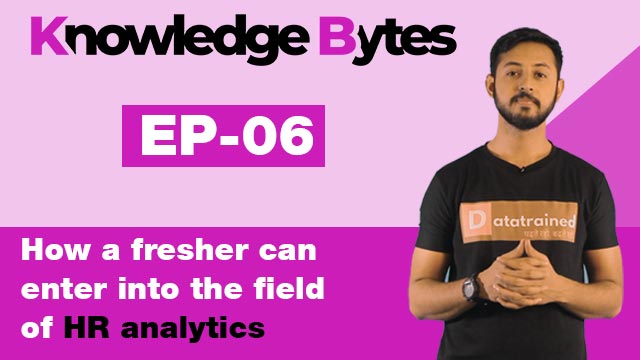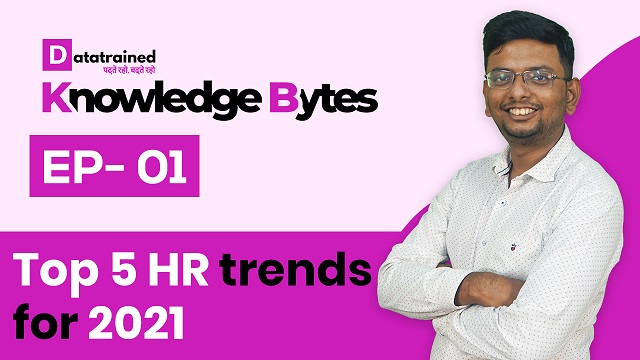The last decade brought a landslide of change to the HR industry. The rise of artificial intelligence. The growth of the gig economy. The increased push towards greater diversity. And, most recently, a global pandemic has altered the reality of millions and redefined where and how work gets done. This leads to the question, what’s in store for the future of the industry?
• Temporary Contracts and Outsourcing - For the longest time, employers used to look for loyal and driven employees to form long-term partnerships with. Companies are increasing the number of vacancies for temporary jobs instead. Outsourcing is now way a lot more common. As outlined by a report, 32% of organizations are definitely replacing full-time workers with freelancers to save cash. In reaction to this, HRs are adopting systems that are created to quickly process a huge number of new employees.
• Well-being Programs -During self-isolation, the lines between work and personal life are almost non-existent. The working day no longer lasts for 8 hours since employees are constantly in touch and can stretch to 12 hours a day. Some have by now experienced the negative effect of this lifestyle. The issues of the workers impact the effectiveness of their work. And considering the negative consequences, it has been having on businesses, HR cannot ignore that. The aim is to increase the amount of the workers ' well-being and their involvement in the work activity. Taking proper care of the workers' overall health, psychological balance, and economic stability plays an immensely important role in keeping talent.
• Additional Education- Much attention will be paid to the additional training of employees. In a rapidly changing environment, abilities can become outdated in the nick of time. As a result, new tasks appear every day and employees require fundamentally new competencies to resolve them. Only those employees that are continuously improving and raising their qualifications are going to be in demand.
• Data Analysis - Data analytics can help you understand your engagement levels better. It allows for you to enhance employee relationships, bring down hiring bias, assist in attrition control, and determine factors that improve performance. An HR data analyst is expected to have the basics of data-driven practices.
• HR’s New Role - Previously, HR specialists worked with the staff. But today they have a tendency to concentrate on supporting the business gain the trust of potential employees and customers, also. This approach is going to see HR getting more complex in strategic planning and market analysis.
Even though many companies require analytics in their HR departments, very few candidates have the essential training. Because of this, businesses are currently teaching their employees in data analytics or even hiring trained candidates in this order. Our PG Program in HR Management and People Analytics by DataTrained comes in collaboration with IBM and London Governance & Compliance gets you ready for all the challenges faced by the HR of Today. Please visit our website to know more











